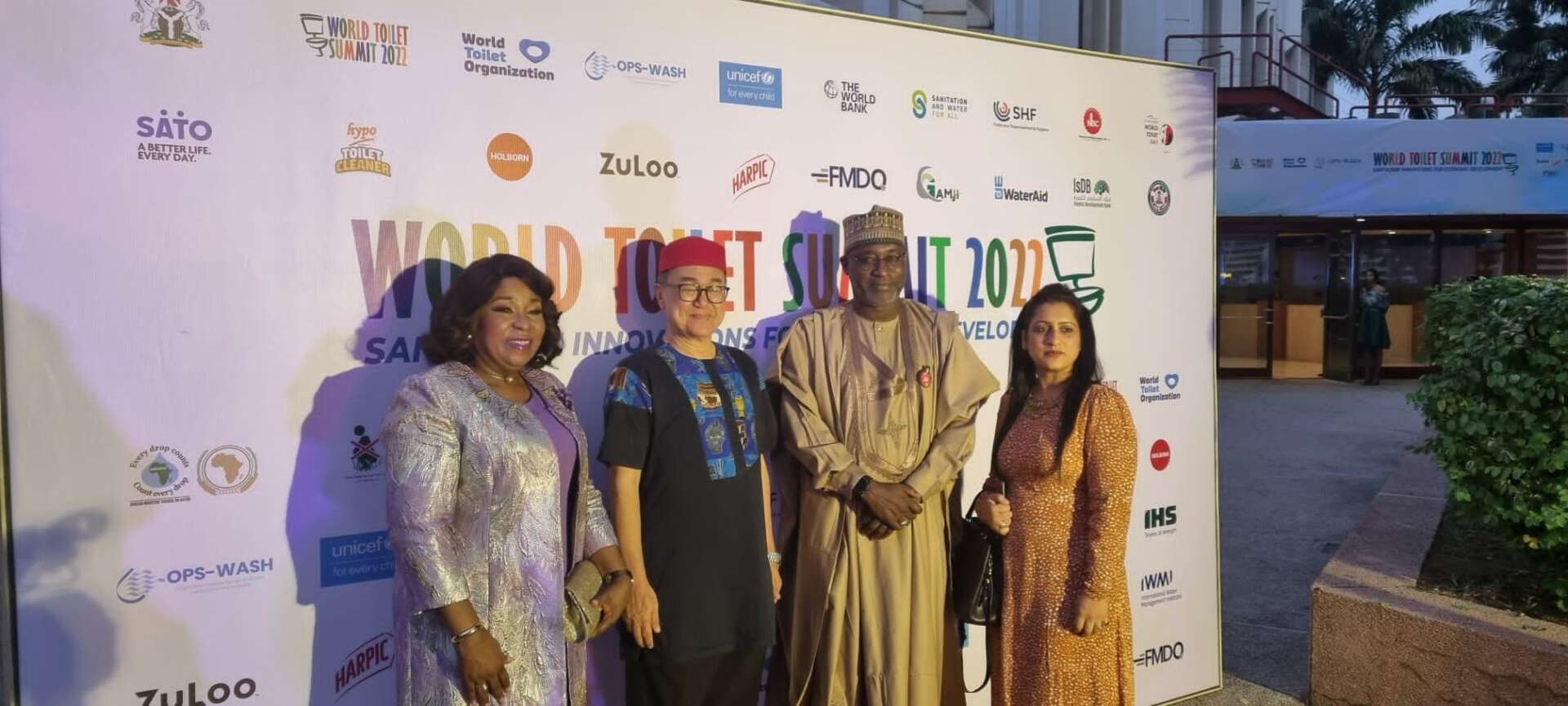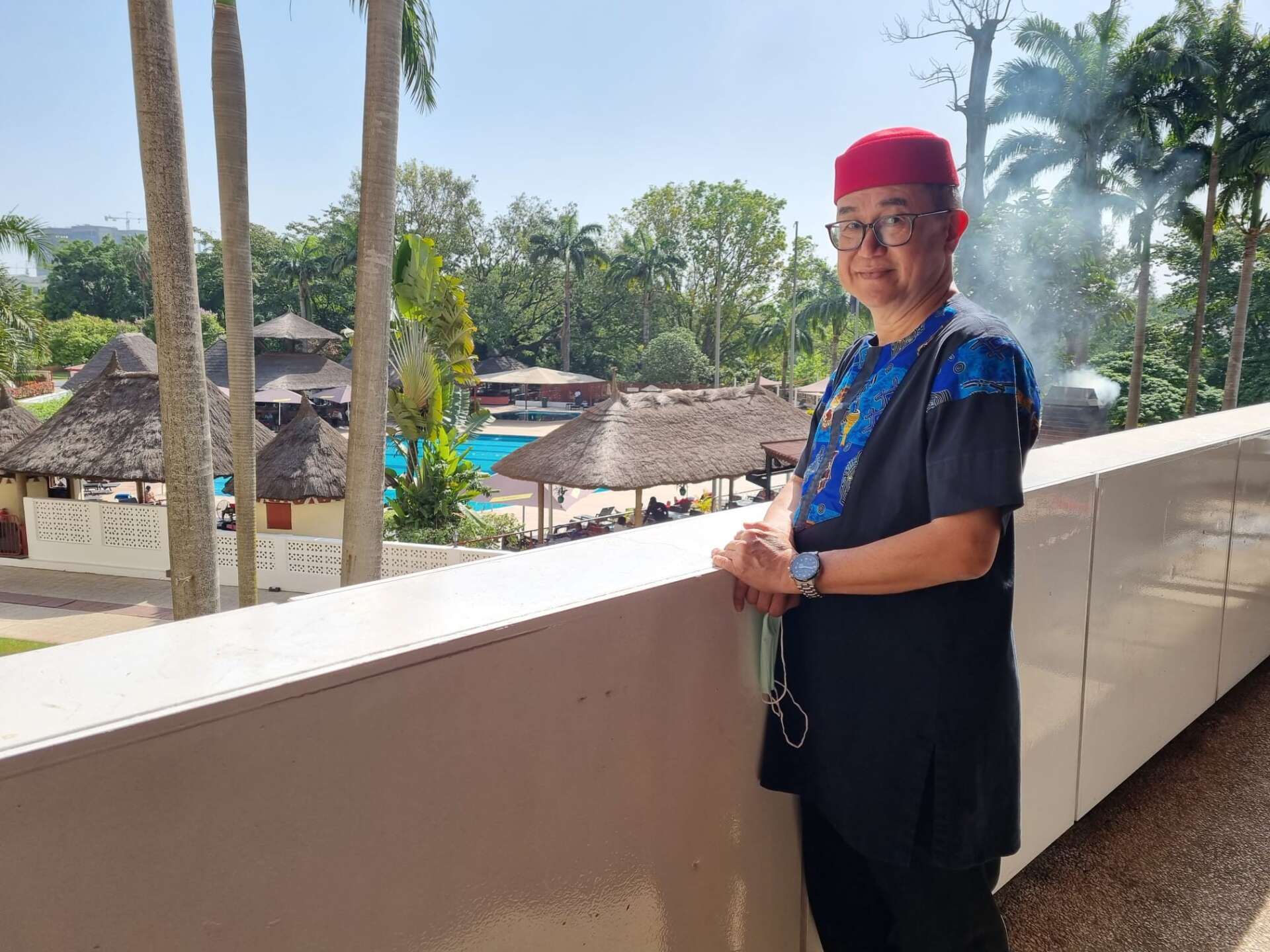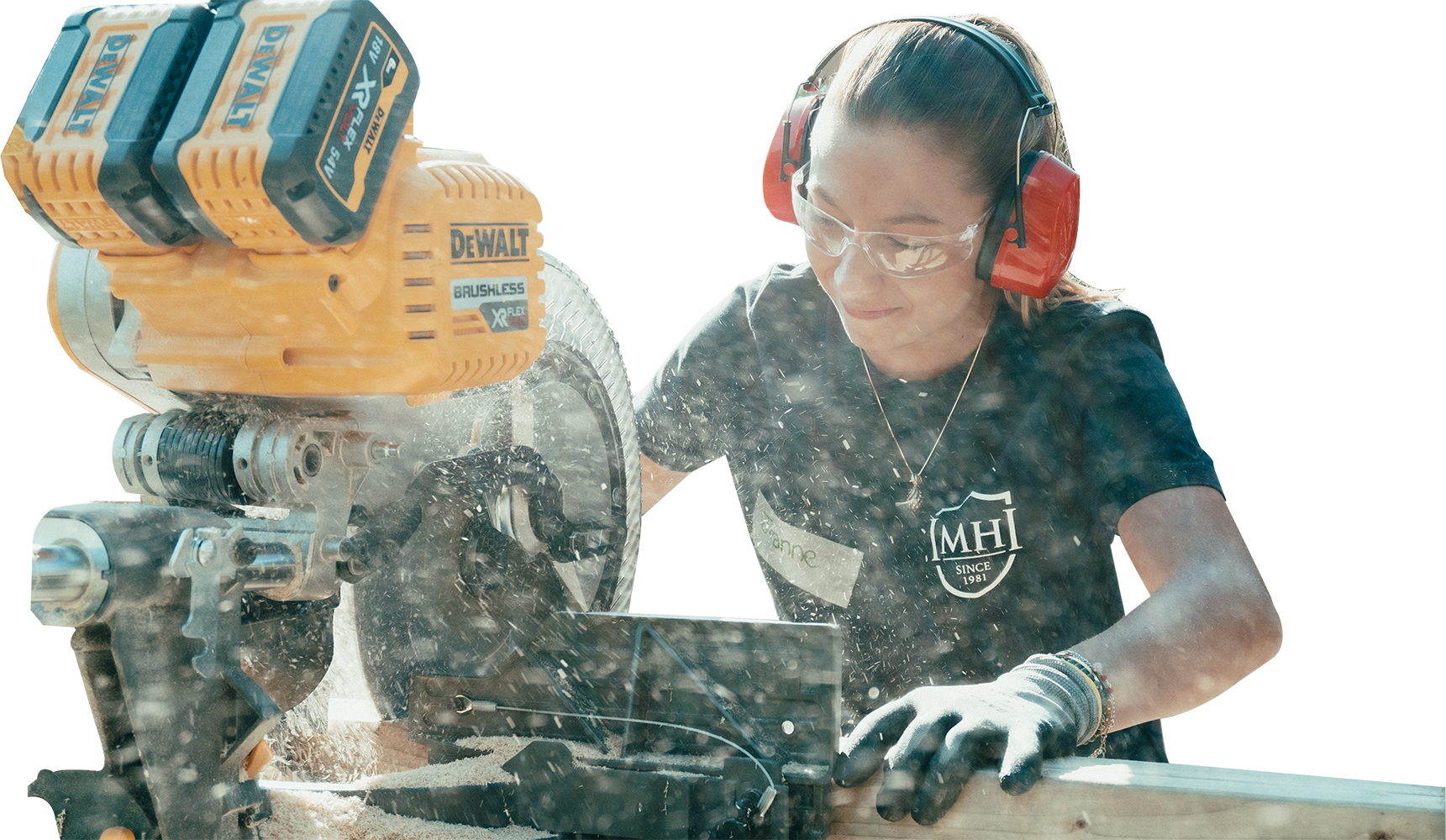
Saturday 19 November is World Toilet Day. We are privileged that Jack Sim, the founder of the World Toilet Organization (WTO) which this important day represents, has been our Advisory Board Member for around seven years.
Jack has supported us on our projects including in Zambia in 2017 and this year’s IE MIM Challenge which raised funds and awareness of the WTO’s work.
He spoke to our communications manager Fran McElhone ahead of the summit which is taking place in Abuja, Nigeria…
The man behind World Toilet Day says the UN’s backing has made a “taboo issue into a legit one”.
Globally, around 800,000 people die each year due to water contaminated by “faecal sludge” while one in four people don’t have a toilet. This year’s World Toilet Summit, hosted by Jack Sim, who founded the World Toilet Organisation in 2001 with the ambition of tackling the issue, is being held in Abuja, Nigeria.
In attendance are delegates from countries which have significantly tackled the issue of open defection and public health challenges in recent years including India, China, Brazil, Japan, Singapore and Bangladesh. Representatives will share their experiences to delegates from other countries still beset with the problem, such as Nigeria, about how they increased the number of toilets among their population, improving hygiene and reducing the mortality rate.
“The biggest turning point for this global movement was in 2013 when all 193 member countries of the UN General Assembly unanimously agreed to adopt its founding day, November 19, as the official UN World Toilet Day,” said Sim, who lives in Singapore. “It made something that was taboo into a legitimate agenda.
“The mission of the World Toilet Summit is to bring people from all over the world together to learn from one another about how the problem can be solved.
“In 2001, when we first started, around 40 per cent of the world’s six billion population didn’t have a toilet. Now, it’s reduced to 25 per cent despite the world’s population reaching eight billion. This is a significant improvement. Just imagine what would happen if we didn’t start 21 years ago. They would still be calling it as a ‘water agenda’, too embarrassed to call a spade a spade.”
Sim’s mission has been to break down the stigma attached with talking about a “brown” issue which “no one wants to talk about”.
“In the development sector, donors prefer ‘green’ or ‘blue’ agendas like water or trees,” Sim continued. “Sponsors and donors will not donate to ‘brown’ issue like poo and pee. So I’ve been working for free for 21 years because there is no funding for sanitation advocacy.
“People want charismatic agendas. I went to one of Asia’s biggest banks and they said, ‘well done Jack, you’re doing great work, but we can’t fund you because it would destroy our bank’s image, our customers don’t want to be associated with poo’.
“What we need isn’t 500 toilets here and 3,000 toilets there, what we need is a system change: there has to be a policy change at national level in each country.
“We have to create a movement. The World Toilet Organization is that movement which orchestrates the mobilisation of all stakeholders.
“Life is short. Every day is one less, so we need to be working faster, because people are dying because they don’t have a toilet.”




